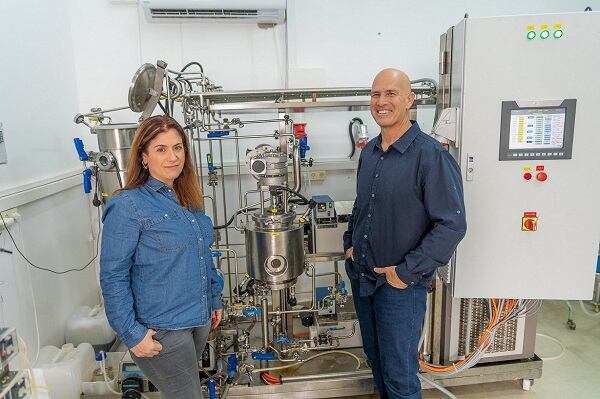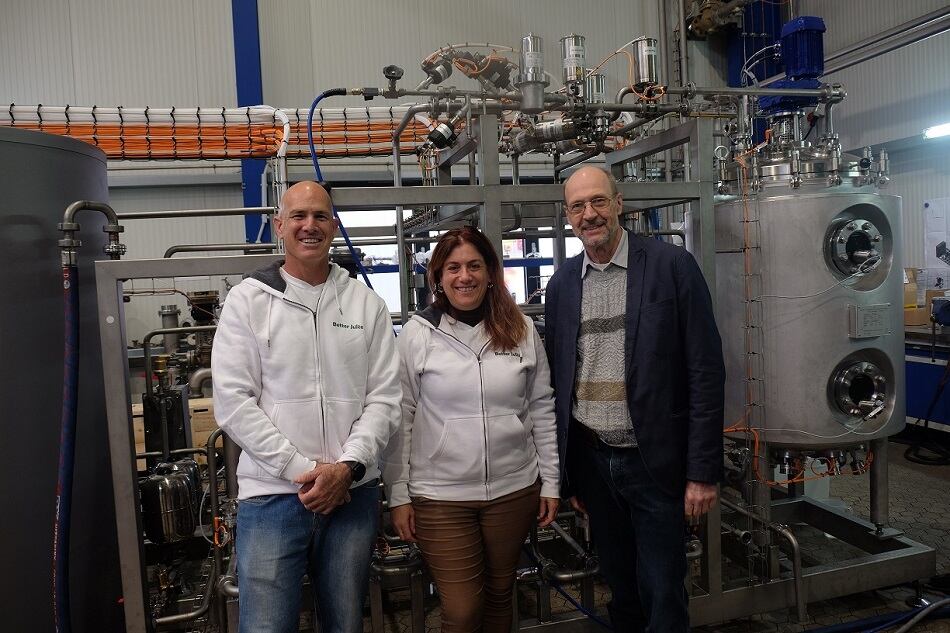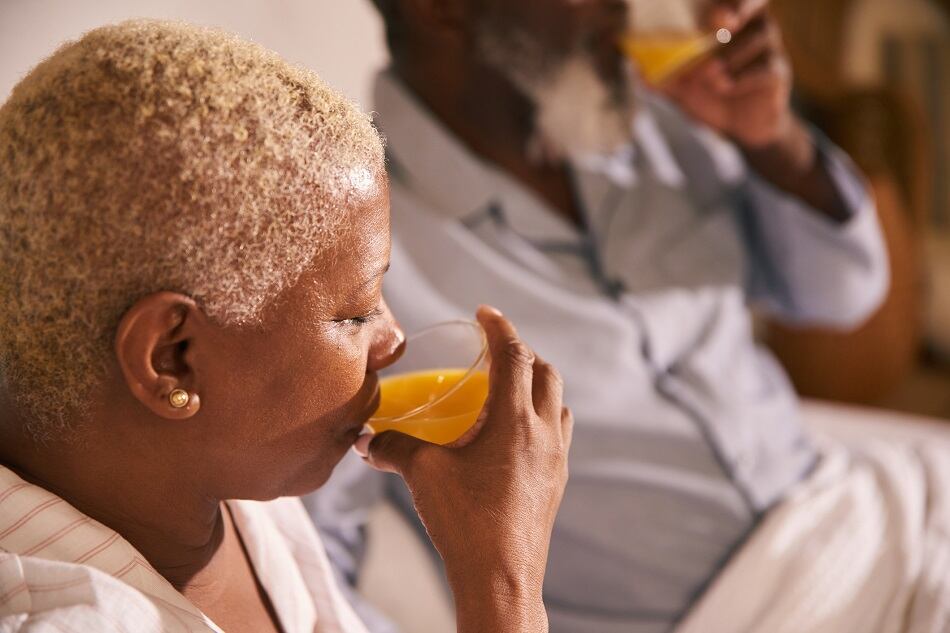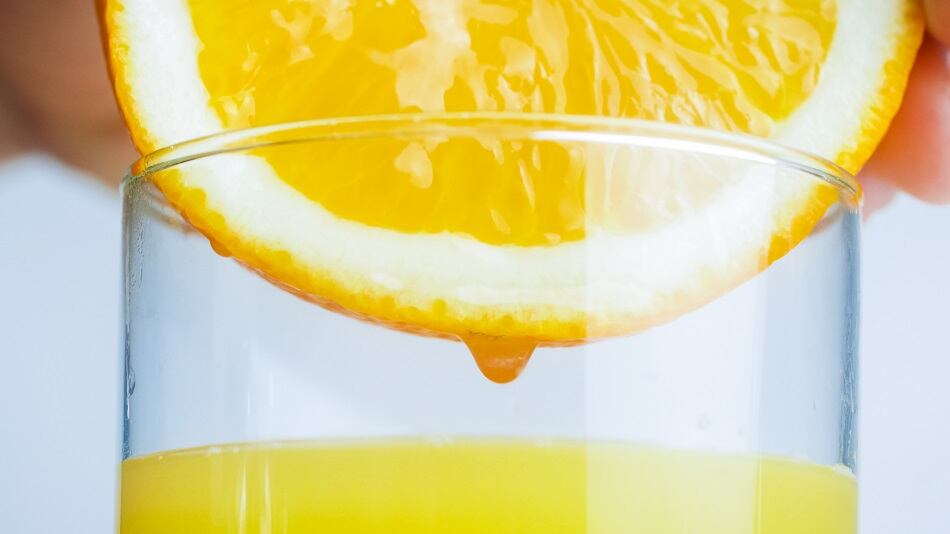Despite a sales resurgence for the historically struggling fruit juice category during the past two years due to the pandemic (refrigerated juice drinks were up 8.9% for the 52 weeks ending 5/16/21, according to IRI data), consumers still perceive drinks in the category as high in sugar and therefore want options with a lower sugar profile.
According to Euromonitor's Voice of the Consumer: Health and Nutrition Survey, more than half of consumers surveyed said avoiding sugar is key to weight loss success and they increasingly seek products with no-added sugar.
Big CPG is also questioning the value fruit juice brands have in their portfolio -- PepsiCo sold its North American juice portfolio (which included high-profile brands Tropicana and Naked) to a private equity firm in August 2021 for an estimated $3.3bn.
"This is a legitimate solution for the industry," Better Juice co-founder and co-CEO Gali Yarom told FoodNavigator-USA, who said that its sugar reduction technology can help bring consumers back to the fruit juice category.
Better Juice said it has unlocked the first meaningful solution for the industry by providing a way for manufacturers to reduce the sugar content of fruit juice between 30% to 80% without disrupting the rest of the nutrition profile (e.g. vitamins and minerals) while intensifying the fruit flavor of the juice."
'Printer and ink' business model
Through its patented enzymatic sugar reduction process, Better Juice can convert common sources of sugar (i.e. fructose, glucose, sucrose) in natural fruit juice into non-digestible dietary fibers. Yarom explained that its continuous flow technology and equipment (manufactured by GEA), which can process juice at up to 200 liters per hour, integrates seamlessly into existing juice product lines.
"Our business model is like the printer and the ink. GEA is the printer and the ink is the Better Juice technology of immobilized enzymes produced in Israel," noted Yarom.
Yarom explained that juice (natural fruit juice or fruit concentrate) flows through the equipment, reaching the flow bioreactor which houses Better Juice's enzymes which then go to work converting the sugar into dietary fibers and other non-digestible molecules.
The whole process takes about one hour, depending on the level of sugar reduction a company is hoping to achieve.
"A couple of years from now, this will be part of the main equipment for the juice industry, not something specialized," added Yarom.

Sweet spot?
While Better Juice said its technology can achieve up to 80% sugar reduction, the ideal "sweet spot" is between 25% to 30% before the sweetness profile is noticeably impacted, according to Yarom.
He added that for its first commercial order, retail products will feature a 30% reduction in sugar.
Commercialization roadmap
While scaling up production will take quite some time, admitted Yarom, the company has a strong roadmap in place and is fielding strong interest from the beverage industry.
"This is just the beginning," said Yarom. "We will start with two really big companies, and we are already in negotiation with two medium-sized companies in the US."
The company was also recently granted a patent for its technology in Europe, opening the door to another key market, added co-founder and co-CEO Eran Blachinsky, PhD.
“These achievements, together with GEA’s know how and cutting-edge technology, will open doors to work more closely with food and beverage companies,” said Blachinsky.



